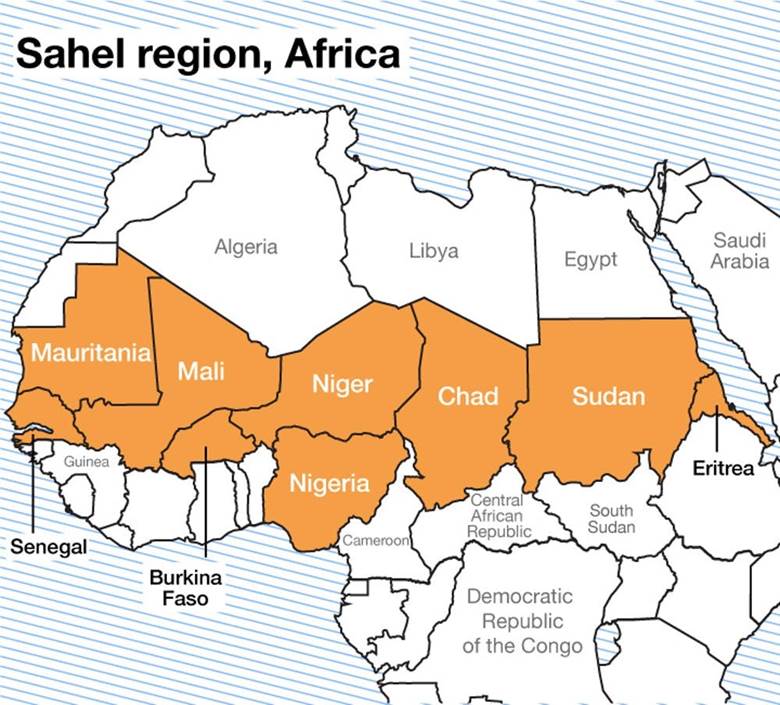Free Courses Sale ends Soon, Get It Now


Free Courses Sale ends Soon, Get It Now



Copyright infringement not intended
Context: French President Emmanuel Macron announced the end of the decade-long Operation Barkhane in Africa. Mr. Macron said that, “Our military support for African countries will continue, but according to new principles that we have defined with them.”
Details:
What is Operation Barkhane?
Has France achieved its objectives?
What are reasons for pull out?
https://epaper.thehindu.com/reader
© 2024 iasgyan. All right reserved